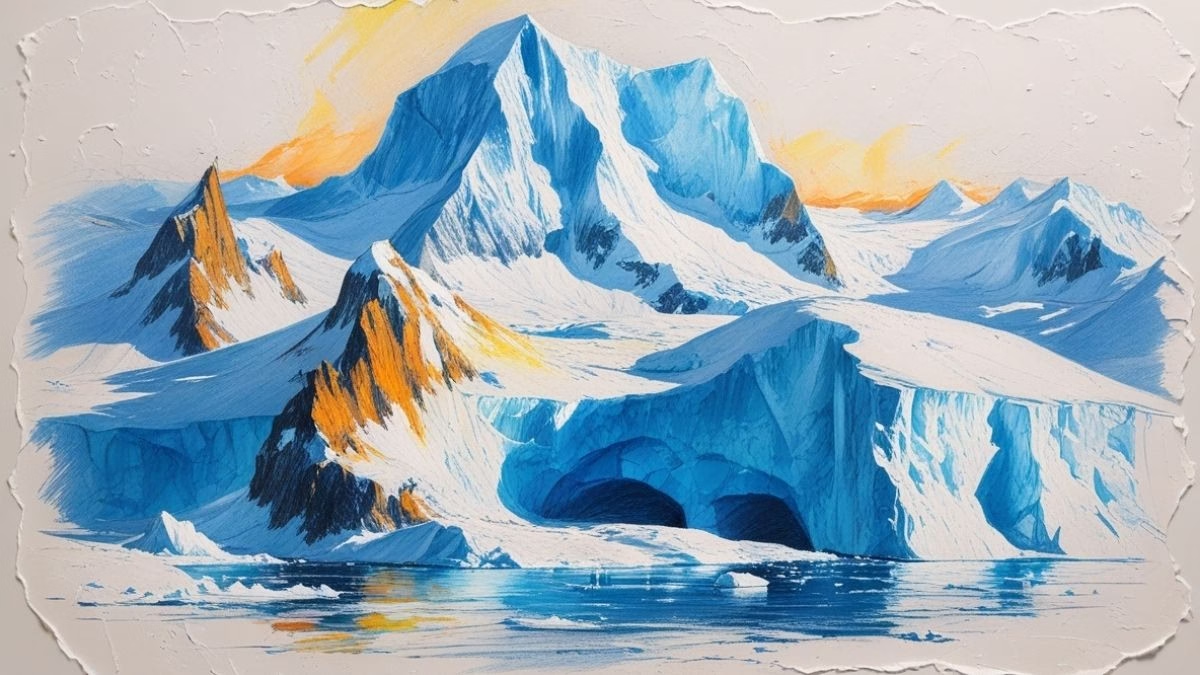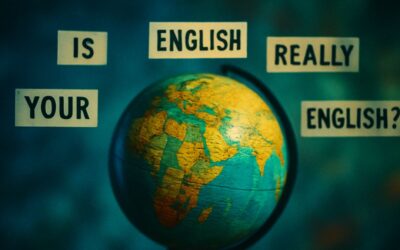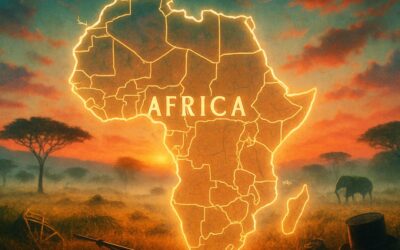Audio Episode
[ppp_patron_only level=5]
[/ppp_patron_only]
Introduction
Welcome to the ends of the Earth! The Arctic and Antarctic are two of the most extreme and mysterious places on our planet. They might both seem like vast, icy worlds, but they are polar opposites in more ways than one. One is a frozen ocean surrounded by land, and the other is a frozen continent surrounded by ocean. One is home to polar bears, the other to penguins.
Have you ever wondered which pole is colder, or what it’s truly like at the North and South Poles? This quiz isn’t a test; it’s a journey of discovery to the top and bottom of our world. We’ll bust common myths and uncover the fascinating truths that make each polar region unique.
By taking this quiz, you will:
- Learn the Key Differences: Finally understand the fundamental distinctions between the Arctic and Antarctic.
- Discover Amazing Wildlife: Find out which incredible animals live where (and why they never meet!).
- Explore Icy Geography: Learn why one pole is a continent and the other is a frozen sea.
- Pique Your Curiosity: This quiz is designed to be a fun learning activity that will make you say, “Wow, I never knew that!”
Are you ready to pull on your virtual parka and explore? Let’s begin our polar expedition!
Learning Quiz
This is a learning quiz from English Plus Podcast, in which, you will be able to learn from your mistakes as much as you will learn from the answers you get right because we have added feedback for every single option in the quiz, and to help you choose the right answer if you’re not sure, there are also hints for every single option for every question. So, there’s learning all around this quiz, you can hardly call it quiz anymore! It’s a learning quiz from English Plus Podcast.
[ppp_patron_only level=5]
[/ppp_patron_only]
Quiz Takeaways
Hello and welcome to the ends of the Earth! When we think of the planet’s poles, our minds often conjure up images of a vast, white, silent world of ice. We might picture polar bears and penguins living together in a frozen wonderland. But as we’ve just discovered in our quiz, the truth is far more fascinating. The Arctic and the Antarctic are not twins; they are polar opposites, each with a unique identity, geography, and collection of life.
Let’s start with the single most important difference, the one that explains almost everything else. The Arctic in the north is essentially a frozen ocean surrounded by the land of other continents. The Antarctic in the south is a massive continent of land surrounded by a vast ocean. Think of it this way: the Arctic is a sea of ice, while the Antarctic is a land of ice.
This fundamental difference is why the Antarctic is so much colder than the Arctic. Land loses heat much faster than water does. The huge Antarctic continent, with an average elevation of over 8,000 feet, radiates heat out into space, allowing temperatures to drop to the coldest ever recorded on Earth. The Arctic, on the other hand, has the vast Arctic Ocean underneath its sea ice. This ocean acts like a giant storage heater, retaining warmth and keeping the air temperature from falling quite so low. So, if you want to find the true heart of cold on our planet, you have to go south.
This geographical difference also dictates the wildlife. This is where we bust our biggest myth: polar bears and penguins never meet in the wild. Polar bears, the magnificent kings of the north, are perfectly adapted for life on the shifting sea ice of the Arctic, where they hunt for seals. The very name “Arctic” comes from the Greek word “Arktos,” meaning “bear,” likely named for the Great Bear constellation in the northern sky.
Meanwhile, penguins are almost exclusively a Southern Hemisphere creature. The vast majority, including the famous Emperor penguins that march across the ice, live in and around Antarctica. They are adapted for life in the frigid Southern Ocean. And the name “Antarctic” simply means “opposite the Arctic.” So, we have the land of the bear in the north and the land opposite the bear in the south.
The story of life at the poles extends to humans as well. The Arctic has been home to resilient indigenous peoples for thousands of years. Groups like the Inuit in North America, the Sami in Northern Europe, and others in Siberia have developed extraordinary cultures based on a deep understanding of their environment. The Arctic is a homeland.
Antarctica, on the other hand, is the only continent on Earth with no native human population. It is a true wilderness, a land untouched by human settlement until the age of exploration. Because it belongs to no one, it is governed by a remarkable international agreement called the Antarctic Treaty. This treaty, signed in 1959 during the Cold War, sets the continent aside for peaceful scientific research only. It bans all military activity and mining, making Antarctica a continent for science, a symbol of international cooperation. The only people you’ll find there are scientists at research bases or tourists on carefully managed expeditions.
Let’s talk about the ice itself. Because the Antarctic is a continent, snow has fallen and compacted there for millions of years, forming a colossal ice sheet. This ice sheet is, on average, over a mile thick! As we learned in the quiz, it contains an astounding 90% of all the ice on our planet, which in turn represents about 70% of all the world’s fresh water. The geographic South Pole, where explorers like Roald Amundsen and Robert Scott raced to in 1911, sits on top of this unimaginably thick slab of ice.
The Arctic ice is completely different. The North Pole sits on a relatively thin layer of frozen seawater, just a few meters thick, that drifts, cracks, and melts with the seasons. It’s a dynamic, floating world, not a static, permanent ice cap like the one in the south.
Even the life that springs from the ground is vastly different. The Arctic landscape, or tundra, comes alive in the summer with hundreds of species of small, hardy flowering plants, shrubs like the Arctic willow, and mosses. It’s a tough environment, but it supports a complex ecosystem. Antarctica, by contrast, is the world’s largest and coldest desert. Over 99% of it is covered by ice. In the few places where rock is exposed, only the toughest life can survive. As we discovered, there are only two native flowering plants on the entire continent: Antarctic hair grass and Antarctic pearlwort.
But while the land may be barren, the ocean around it is one of the richest on Earth. The Southern Ocean is teeming with life, all based on a tiny, shrimp-like creature called krill. These krill form the foundation of the entire food web, feeding everything from penguins and seals to the largest animal that has ever lived, the mighty blue whale.
So, as we can see, our two poles are truly opposite worlds. One, a sea surrounded by nations and people, home to the polar bear. The other, a continent of science and peace, belonging to no one, home to the penguin. They share the beautiful auroras—the Borealis in the north and Australis in the south—and they both experience the strange magic of the midnight sun and the polar night. But in almost every other way, they are unique. Understanding their differences is key to appreciating their distinct beauty and their shared importance as critical regulators of our planet’s climate. They are not just frozen wastelands, but complex, fascinating, and fragile worlds at the very ends of the Earth.










0 Comments